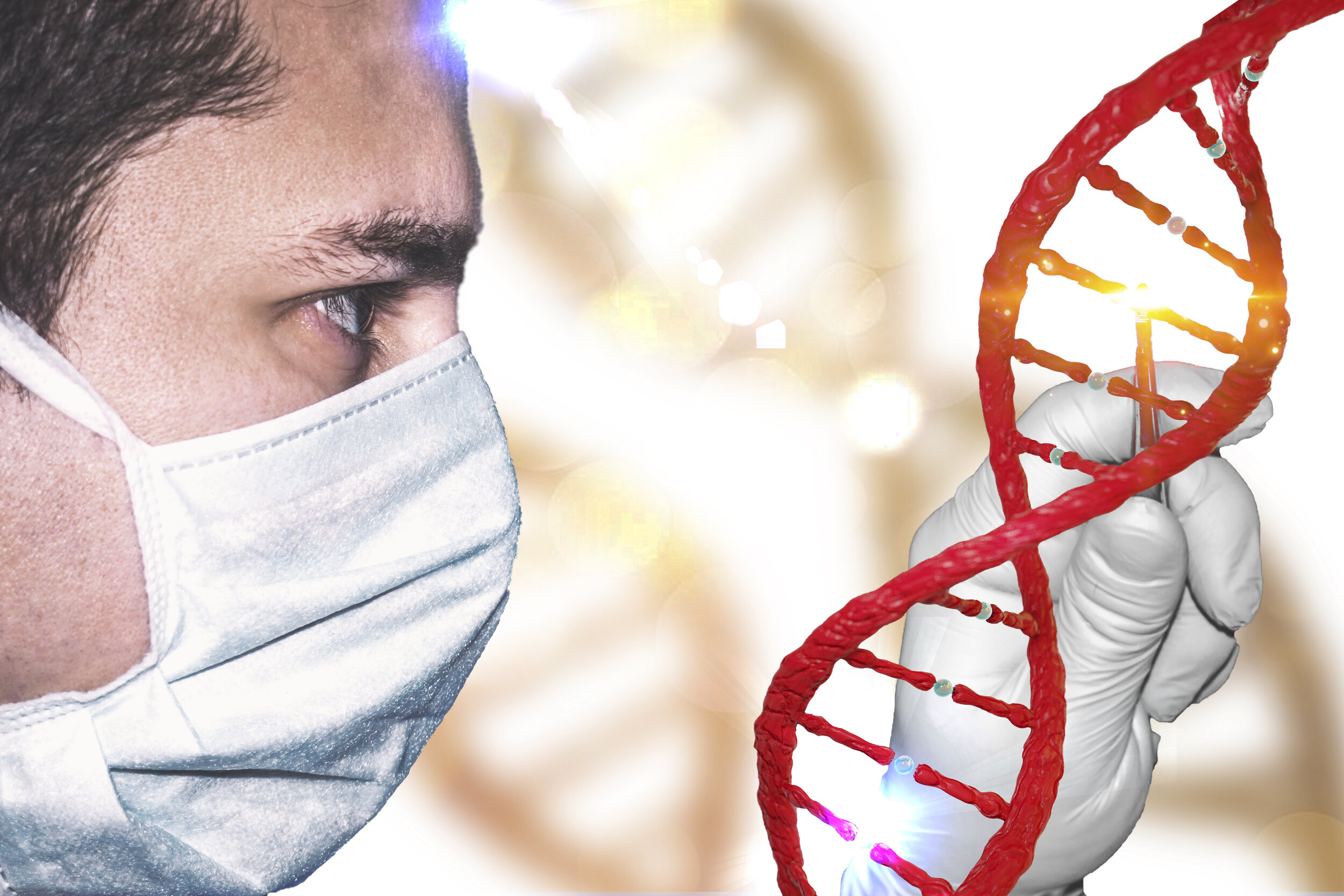Cells are the basic building blocks of all living things, and genes can be found deep within cells. Genes are small sections of DNA that carry genetic information and instructions for making proteins, which help build and maintain the body. Humans have about 20,000 genes which can change as they go through inherited mutations, as they age, or by being altered or damaged by chemicals and radiation. Mutated genes may cause severe diseases that are difficult to control and sometimes life threatening. Advances in gene therapy have revolutionized therapeutic approaches.
Gene and Cell Therapy
Gene therapy aims to treat disease by replacing, inactivating, or introducing new genes into cells. Cell therapy aims to treat disease by restoring or altering certain sets of cells or by using cells to carry a therapy through the body. With cell therapy, cells may be cultivated or modified outside the body before being injected into the patient. These therapies often use the patient’s own cells or stem cells harvested from umbilical cord blood in the case of stem cell transplants.
Current FDA-Approved Gene and Cell Therapies
Currently, there are nine umbilical cord blood sources and eight FDA-approved gene and cell therapy products, listed below:
Scheduled for Release in 2020 or Early 2021
According to the Alliance for Regenerative Medicine (ARM), nearly 700 gene therapies or gene-modified cell therapies are in clinical trials worldwide, more than half of which are in Phase II or Phase III. New viral vectors and manufacturing processes are being created at a rapid pace with unknown durability and no centralized method for defining or tracking outcomes. Gene therapies are often replacing supportive standards of care and moving to the first line of treatment. Cell therapies are also anticipated to move from third-line to second- or first-line treatment.
Gene and cell therapies expected to be released in the next four years are included in the diagram below. There have been delays in clinical trials due to COVID-19 which most likely will influence the FDA approval dates.
Copyright Emerging Therapy Solutions. Used with permission. Click image to enlarge.
Therapies expected to be released in 2020/early 2021 include:
CAR-T therapy targeting BCMA for multiple myeloma, price unknown*
CAR-T therapy with KTE-X19 for mantle cell lymphoma, price unknown*
Roctavian (formerly known as Valrox) for Hemophilia A, price expected between $2-3 million
Etranacogenedezaparvovec for Hemophilia B, price expected more than $2 million
*Cost for current CAR-T therapy: Yescarta at $373,000 and Kymriah at $475,000, plus facility and physician administration charge.
Cost Mitigation Opportunities
Gene and cell therapies can be life changing but come with expensive price tags. Zolgensma, considered the most expensive therapy in the world, has an average wholesale price of $2.4 million for the one-time infusion. As more therapies are FDA approved, payers are looking for options to control the spiraling cost of specialty pharmacy and to project future financial risk related to new therapies coming to market.
To address this challenge, Summit Re has developed a specialty pharmacy program called ReAssureRx, which includes cost-effective sourcing of specialty drugs and therapies, prior authorization services, specialty drug carveout, high cost pharmacy negotiation, and pharmacy claims review. In addition, we consider ourselves to be a strategic partner and feel compelled to share opportunities with our contacts that we feel have a potential to positively impact their business. Recently we became acquainted with Emerging Therapy Solutions (ETS), an industry leader with a predictive intelligence platform, network and medical services firm for emerging gene and cell therapies.
We want to engage in continued conversations with clients and stakeholders on how we can support their specialty pharmacy needs. Programs like ReAssureRx and sharing information about other companies are examples of solutions that have resulted from those conversations. Summit Re will continue to monitor new developments to face market challenges like the growth in specialty pharmacy head on.
Please contact your Summit Re representative as soon as you become aware of a request for any gene or cell therapy. Our Summit ReSources managed care staff is available to answer any questions or concerns you may have. We will continue to investigate and provide information to our clients as this field of medicine continues to evolve.
Article by Debbie Hoffer, RN, MS, CCM, Vice President Managed Care. For more information about how this may affect your plan, please contact your Summit ReSources care specialist. The following sources were used as reference material for this article:



